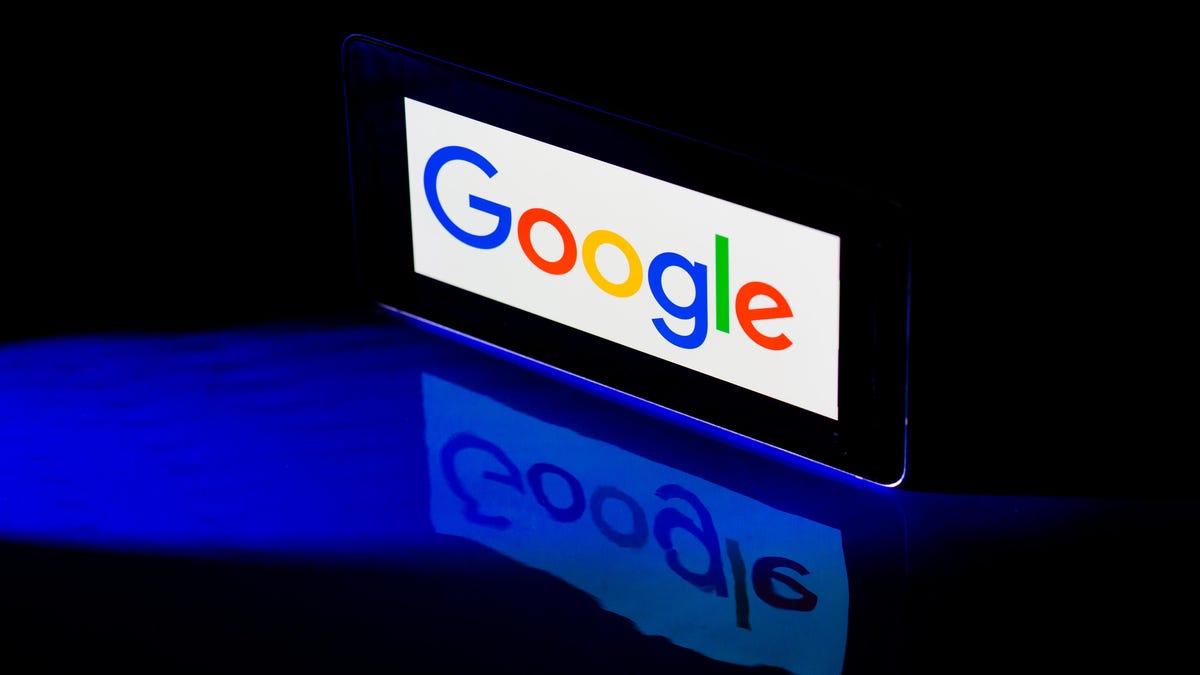Google adds new productivity tools as companies look to hybrid work
The features come as businesses plan for a post-pandemic world.

Google unveiled new productivity tools.
Google on Monday unveiled new productivity features that are aimed at remote work, as companies consider hybrid work models for a post-pandemic world.
The new tools are for Google Workspace, the search giant's suite of apps and services meant for corporate customers and other organizations. One new feature lets people list their specific working hours when they're juggling different personal commitments at home. Another feature is recurring out-of-office messages, which can let people know when they're physically in the office or not. A tool called Time Insights lets employees evaluate how they're spending their time -- without making that information available to their managers.
Google also introduced new tools for frontline workers at warehouses and grocery stores to communicate back to their companies' corporate offices. A package called Workspace Frontline includes enterprise versions of Gmail, Docs and Drive with added customer support and data security features.
The announcement comes as businesses prepare for a future with more telecommuting and virtual work. In December, Google CEO Sundar Pichai said the company was considering a hybrid work model, in which people work in the office for at least three days, while working the other days remotely. But he said the new plan may not be available to all workers, like engineers who spend lots of time in data centers.
Google's new Time Insights tool.
Google was one of the first big companies to let its massive employee base work from home when the pandemic took hold. Last year, Pichai said the company would allow employees to expense up to $1,000 for equipment and furniture in their home offices, such as standing desks and ergonomic chairs.
Other tech companies have also started to rethink what work at the office could look like after the pandemic. Facebook CEO Mark Zuckerberg said last year the social networking giant will allow some employees to work from home permanently. He said about half of Facebook's workforce could work remotely over the next five to 10 years. Twitter made a similar announcement, and CEO Jack Dorsey also extended the policy to his other company, mobile payments firm Square.

